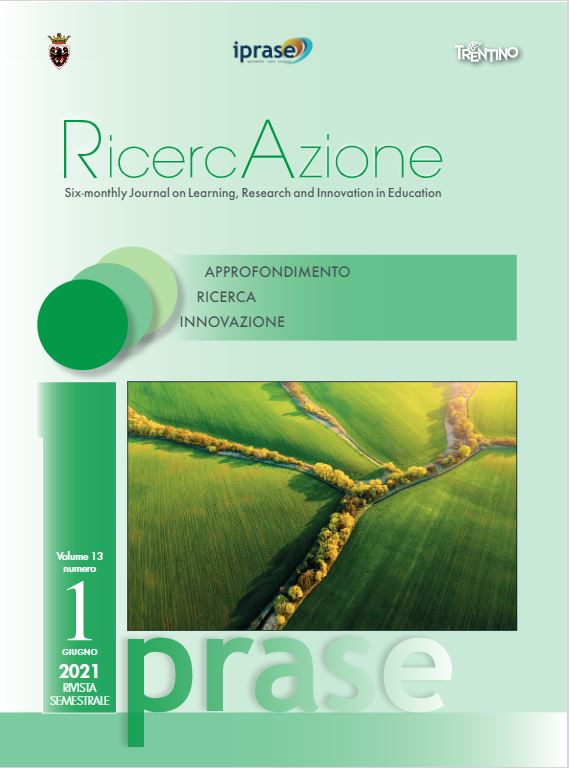The INVALSI 2021 results in Trentino return a decidedly interesting photograph. As far as participation is concerned, in the province the highest coverage rates were achieved, both for the sample and for the population, very quickly and it was one of the territories in which the tests were carried out with less difficulty, despite the inevitable problems. set by the health safety regulations.
At a glance, the results of students from Trentino are not only among the best in Italy, but the provincial schools are able to better contain the negative effects of long periods of suspension of teaching in presence following the pandemic. More precisely, the province of Trento is the only Italian territory that, despite the general decline in results, manages to maintain the average results significantly above the national average, both compared to 2018 and compared to 2019.
From the INVALSI 2021 tests, therefore, a Trentino school emerges capable of obtaining excellent results, even in upper secondary school, where typically, but especially in this pandemic phase, the difficulties of some categories of students are greater.
Furthermore, beyond the good average results, what deserves to be highlighted is that the Trentino school shows excellent results not only in the upper or intermediate part of the performance levels, but also turns out to be among the most inclusive schools in the country. In fact, in Trentino there are among the lowest percentages in Italy of students with levels of competence not in line with the goals of the national / provincial guidelines. In addition, the province is the only territory in the country that in 2021 manages to clear the percentage of particularly fragile students (low achievers) at the end of upper secondary school.
All this can only be a source of satisfaction and pride on the part of an Institute such as IPRASE, which has always been committed to supporting the quality and equity demands of the Trentino school through the promotion of courses and processes of expert training and research that must have the characteristics of operations and transformativeness, thus providing for an impact on school contexts in terms of improvement and innovation.
These and other important observations and considerations are contained in this volume of RicercaAzione, both in the "Research" section, full of important contributions, and in the varied section "Experiences and reflections", in addition to the stimulating comments in the "Reviews" section.
